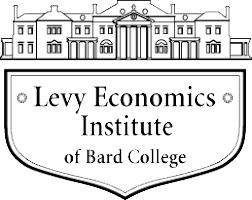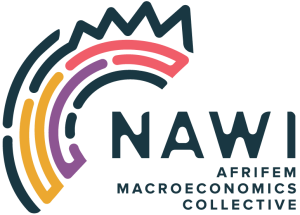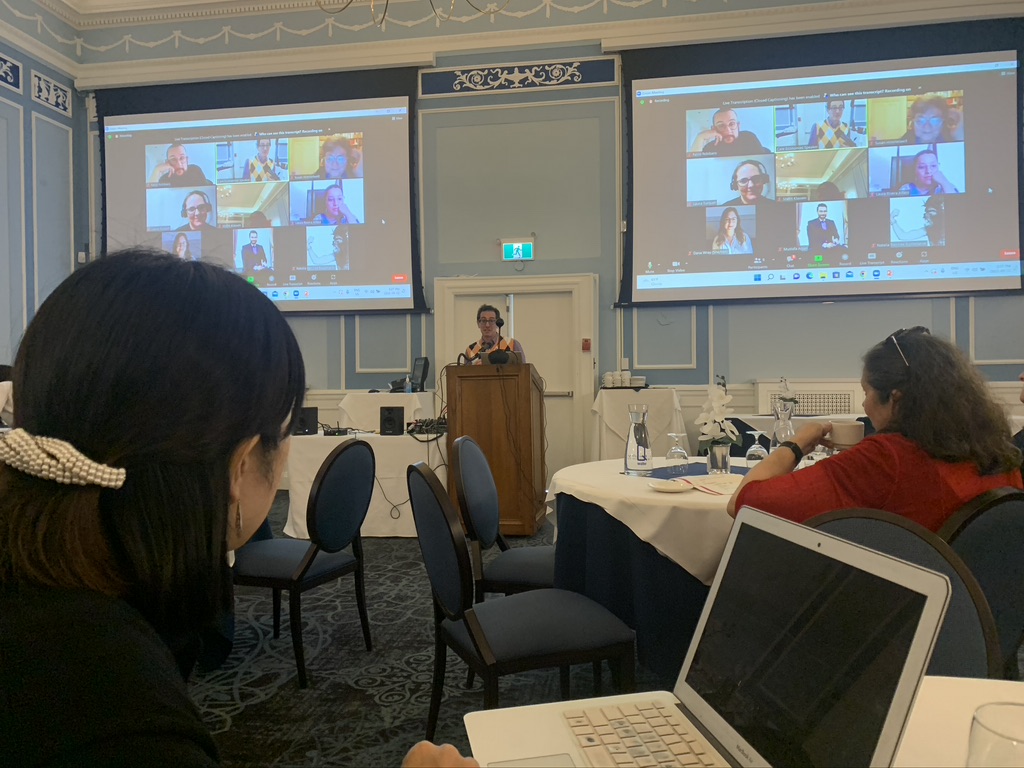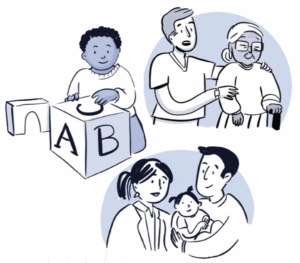Profile
How care is organized impacts our entire economic and social system as well as every individual within it; it intersects with gender, age, migration and citizenship status, and racial and socio-economic inequality.
Project Director (PI): Ito Peng

Ito Peng
Director
This global project explores paid and unpaid childcare, elder care, and sick and disabled care in eight countries around the world. How care is organized impacts our entire economic and social system as well as every individual within it; it intersects with gender, age, migration and citizenship status, and racial and socio-economic inequality.
This research project seeks to understand the organization and process of care economies in eight countries across four global regions and the effects of different institutions, cultures, and social and economic policies in shaping them. It will use this knowledge to develop gender-aware macroeconomic theories and models for policy development and analysis.
Along with an international team of academic researchers, this partnership involves representatives from key international and national policy and non-profit sector partners.
Care Economies in Context is funded by the Social Sciences and Humanities Research Council, the Open Society Foundations, the William and Flora Hewlett Foundation, and the University of Toronto.
Principal Project Participants
- Melissa Milkie (Canada Team Lead)
- Natalia Ramirez Bustamonte (Colombia Co-Lead)
- Ana-Maria Tribin (Colombia Co-Lead)
- Laura Ramirez Alfaro (Costa Rica Lead)
- Isabella Aboderin (Kenya Team Lead)
- Dileni Gunewardena (Sri Lanka Lead)
- Otgontugs Banzragc (Mongolia Lead)
- Ki-Soo Eun (Korea Lead)
- Maria Floro (macroeconomics Lead)
- Latif Dramani (Senegal Team Lead)
The Care Economies in Context project consists of nine country teams and a team of macroeconomic experts.
This research and its dissemination is funded by:




Key research partners include:

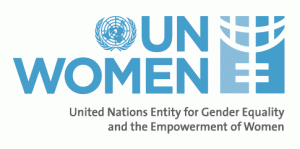




Explore
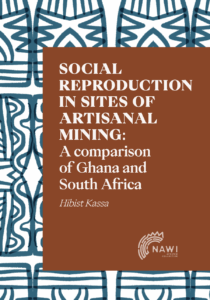
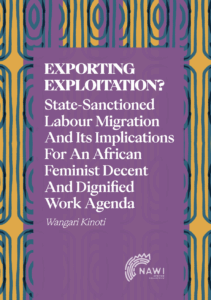
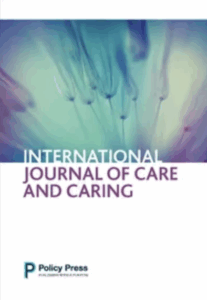
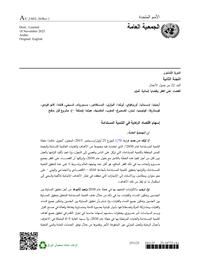
Our Partners









